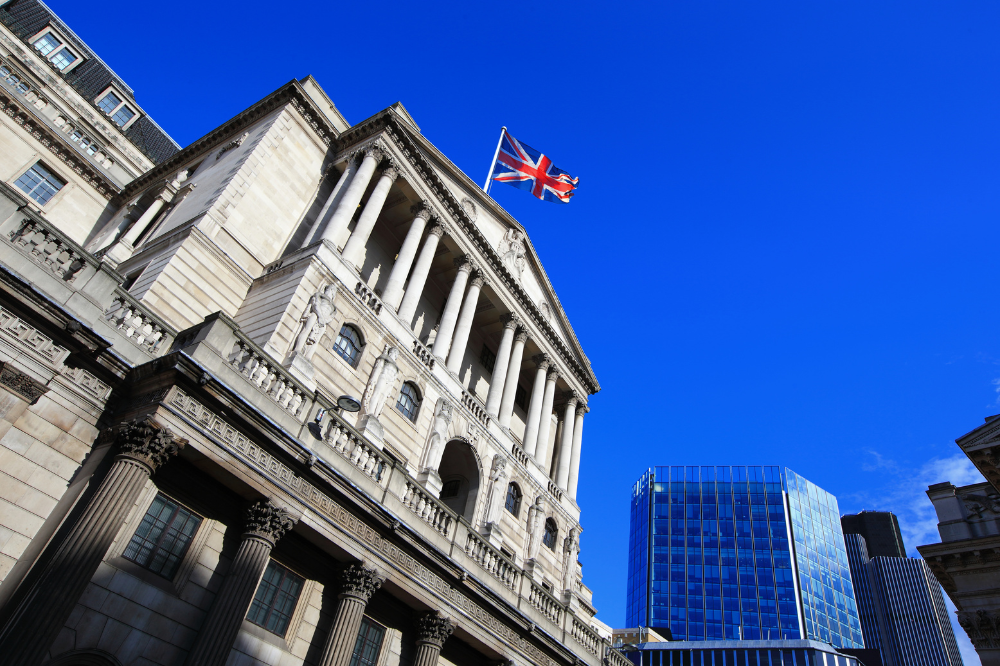
Base rate cut and Budget 2020: What does it mean for mortgage rates?
Rishi Sunak, the new Chancellor of the Exchequer, announced in his first Budget a £30bn fiscal stimulus to tackle the coronavirus outbreak, shortly after the Bank of England cut the base rate from 0.75% to 0.25%.
Base rate cut:
On March 11 the Bank of England’s (BoE) Monetary Policy Committee (MPC) took the unanimous vote to reduce the base rate by 50 basis points. A statement released by the bank said “These measures will help to keep firms in business and people in jobs and help prevent a temporary disruption from causing longer-lasting economic harm”.
The MPC will introduce a new Term Funding Scheme with additional incentives for Small and Medium-sized Enterprises, financed by the issuance of central bank reserves.
What does this mean in relation to mortgages and the property industry?
Homeowners: The base rate cut should be well received by homeowners with a variable or tracker-rate mortgage, who are likely to see a reduction in their monthly payments from 1 April. For those about to take out a new mortgage, it is likely to lead to better borrowing rates. Fixed rate mortgages, which are already at near record lows, are likely to see little impact. Any decrease in fixed rate borrowing is likely to be marginal.
COVID-19 has resulted in some banks offering homeowners the ability to defer their mortgage payments, should its impact affect personal income.
Savers: For those saving money, perhaps towards their deposits, the reduced base rate is an unwelcome move. High Street banks use the base rate as a reference point for their savings account interest rates, which means savers are likely to earn less interest accrued on their savings.
The reduced base rate is likely to have little impact on the mortgage industry as a whole; the BoE’s move is deemed as a temporary measure to manage temporary uncertainty and may rise in coming months as we gain a greater understanding of the coronavirus’ impact.
For those wishing to purchase a new home it is very much business as usual. This sentiment is echoed by the Building Society Association, who reported an increase in overall confidence in house price expectations, with 40% of people surveyed expecting to see house prices rise.
Despite the impact the coronavirus is undoubtedly having within the UK, reassuringly, the results show for now it is a relatively low concern for people in terms of the housing market. Mortgage rates remain at record lows, lending appetite from lenders remains strong, and consumer confidence should remain high. For those wishing to purchase, there is no merit in delaying.
Budget 2020:
Sunak’s Budget was largely focused on supporting the impact the coronavirus has already had on the UK, with emphasis on supporting the NHS and small businesses through this uncertain time. Sunak also announced plans to embark on a long-term spending spree on public services, infrastructure, science and low carbon projects.
Key elements in the Budget in relation to the mortgage and property industry include:
Stamp duty: Sunak announced changes for overseas buyers who face a 2% stamp duty surcharge on residential property in England and Northern Ireland, from April 2021. Should the overseas buyer not intend to live within their properties themselves, they will have to pay an additional 3%, totalling 5% above the standard stamp duty rate.
Affordability Homes Programme: The scheme, which is designed to increase the supply of Shared Ownership and other affordable homes, has been extended to a new, multi-year settlement of £12bn – the largest investment in affordable housing in a decade.
The government plans to cut interest rates on lending for social houses by 1%, offering £1.15bn worth of discounted loans for infrastructure projects in local areas, to help councils build more homes.
Homes in high-demand areas: £1.1bn will be allocated to build up to 69,620 new homes in areas of ‘high demand’, which includes Manchester, Sunderland and Lancaster. Additional investments will go into housing projects in York, Harlow and Warwickshire.
Mansion tax and inheritance tax changes were anticipated in the run-up to the Budget, but Sunak didn’t announce any amendments to current terms.
Prior to the Budget, the government announced plans for the First Homes Scheme, whereby first-time buyers can benefit from buying a new build property at a 30% discount. This could equate to discounts of £100,000 on the market value of the property.
Indirectly linked to the mortgage industry is the increase threshold for National Insurance contributions (NICs), which will be payable on annual earnings over £9,500 in the next tax year. This is up from £8,632, saving a typical employee £104 annually.
Regardless of economic impact, we still need our homes. People will still need to remortgage, upsize, downsize and move out of their parents’ home. While we will be closely monitoring events, with our client’s needs as our upmost priority, sentiment remains stable for now.
Should you wish to discuss your situation with a Mortgage Adviser, please call 01823 273880 or complete an enquiry form and we will reply to you as soon as possible.



